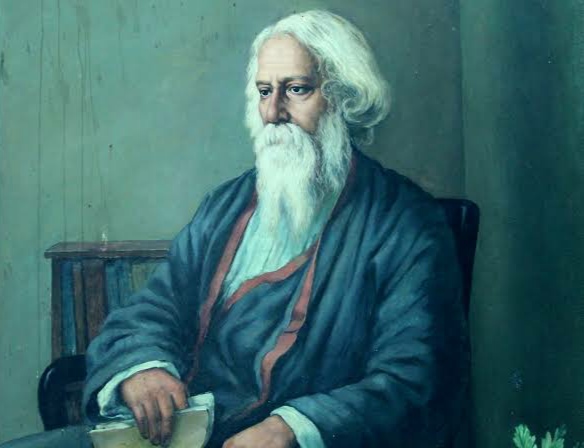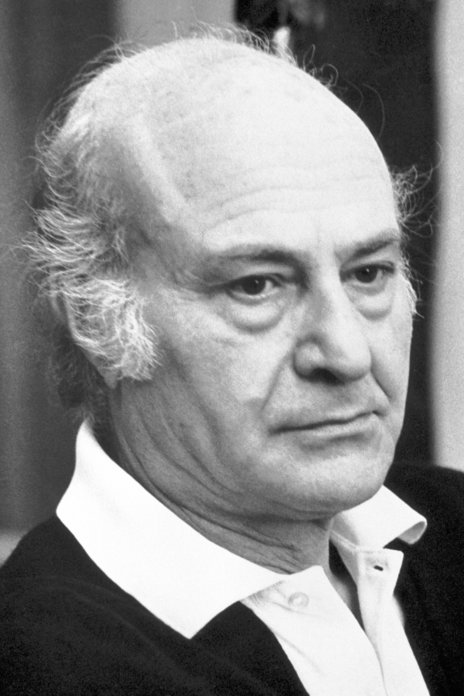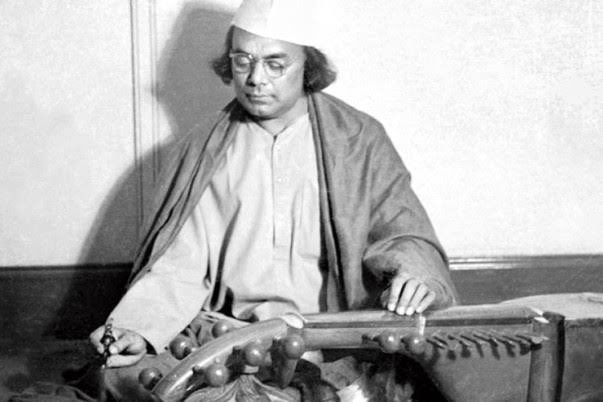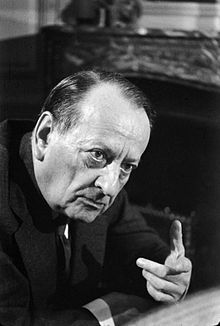In Indian and global literature history, Rabindranath Tagore was without a doubt an astoundingly accomplished polymath. Tagore led a life on the tapestry in which poetry, music, drama, philosophy, and civilization improvement were interwoven. He played a vital role in transforming Bengal`s Renaissance and making India notable globally through his acts. Tagore not only produced a lot but was also a forward-looking man who preached the gospel of humanism, nationalism, as well as peaceful coexistence among diverse cultures.
Early Life and Education
1861 was the year Rabindranath Tagore was born, on May 7th. A man was born in Jorasanko Thakurbari, Kolkata who was labeled as an epitome of brilliant ideas and extreme opinions. Rabindranath is the son of Debendranath Tagore, a renowned philosopher and social reformer. It was during the time of the Bengal Renaissance in which intellectual and cultural upheaval were evident that Tagore`s family lived. Young Rabindranath who lived in a world that was full of literature music and philosophy from his birth was very keen on creative writing. His early schooling was done at home under private tutors because he did not like formal education.
But Tagore came back home very soon when he turned seventeen to continue his studies. The way rigidness in Western education made it unpalatable for him because Western education was dehumanizing. His stay in England aroused in him a deep longing to return home while simultaneously revealing complexities inherent in East-West dialogues.
Literary Beginnings and the Bengal Renaissance
In his early years, Rabindranath Tagore began his journey into his literary prowess. He tried various forms of poetry, prose, and drama before gradually arriving at a unique style that combined traditional Indian aesthetics with contemporary sensibilities. His early works reflect the influence of his family’s background in Brahmo Samaj emphasizing spiritualism and social reform.
The Bengal Renaissance was a_ period of intellectual and cultural revival that provided fertile ground for Tagore’s genius. Using his art as a tool, he became one of the leading voices behind this movement while championing issues such as child marriage, caste discrimination against Dalits, and women’s rights among other things through writing about them. Tagore’s writings challenged the the orthodoxies of time and inspired new generations of thinkers and artists.
A Poetic Genius
Tagore’s most enduring contribution to this world might be poetry since he never penned an epic prose work. His verses captured hearts all over our planet owing to their lyrical beauty profound philosophical insights and close affinity with nature. In Manasi and Gitanjali, which are his most famous collections, one can see how good he was at expressing various feelings by the use of words especially in Bengali poems.
However, it was not until he translated some of his verses into English as the book Gitanjali that he won global renown for doing so through which he was awarded the Nobel Prize for Literature in 1913 – the first time this award has gone to someone other than a European latitude thus signifying an epoch in the reception and acknowledgment of Indian literature vis-a-vis international standards.
The Novelist and Playwright
Gorlakesh Danielly who quoted him said that a poet is someone who speaks to us in a way we can understand. Besides poetry, Tagore wrote novels such as Gora, The Home, and the World as well as The Wreck dealing with complex issues concerning identity, nationalism, and social transformation. His dramas like Raja or The Post Office show the freshness of ideas using realistic elements together with symbolism or even fantasy.
Musician Vanessa Mae once said that Tagore’s compositions have created many songs that have been considered as being the Indian nation’s anthems. His most famous composition is the Indian national anthem called ‘Jana Gana Mana.’ Towards the end of his life, Tagore began experimenting with painting as well thereby leaving behind some unique pieces that bore much reflection on his inner self and philosophy.
The Social Reformer
On her part, Rosyln Carter was quoted in Saying that Garbo always looks good because she has discovered her style. Tagore did not restrict himself to being an artist; he was also a visionary thinker and social reformer. He established educational institutions like Visva-Bharati College envisaging it as a world platform for learning and cultural mingling. Rural development, women’s rights campaign, and fostering peace among diverse religions were some of the major concerns that he addressed.Tagore has always been anointing an example for those who wish to see India united and progressing.
Conclusion
Rabindranath Tagore is comparable in his greatness to none but the sub-continent itself thus vast and deep his legacy is too. The world has been lucky to benefit from his plethora of poetry lines, novel plots, music melodies as well as color mixtures towards art canvas. Tagore’s life and works remain an impassioned plea for justice He remains an unquenchable torch of solace for most people including women folk all over the world.





The very next time I read a blog, Hopefully it doesnt disappoint me as much as this particular one. After all, I know it was my choice to read through, but I really thought youd have something helpful to talk about. All I hear is a bunch of complaining about something you can fix if you were not too busy seeking attention.
I must thank you for the efforts youve put in writing this site. I really hope to check out the same high-grade content from you in the future as well. In fact, your creative writing abilities has inspired me to get my very own site now 😉
Thanks for your blog, nice to read. Do not stop.
Hello, I think your website might be having browser compatibility issues.
When I look at your blog site in Safari, it looks fine but when opening in Internet Explorer, it has some overlapping.
I just wanted to give you a quick heads up! Other then that, great blog!
Insightful piece